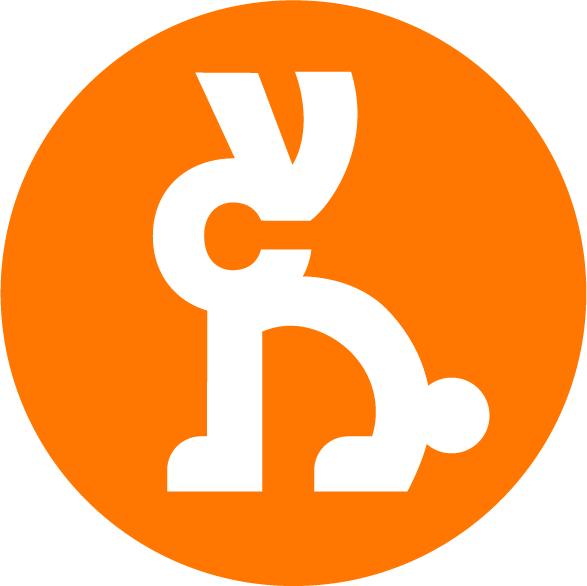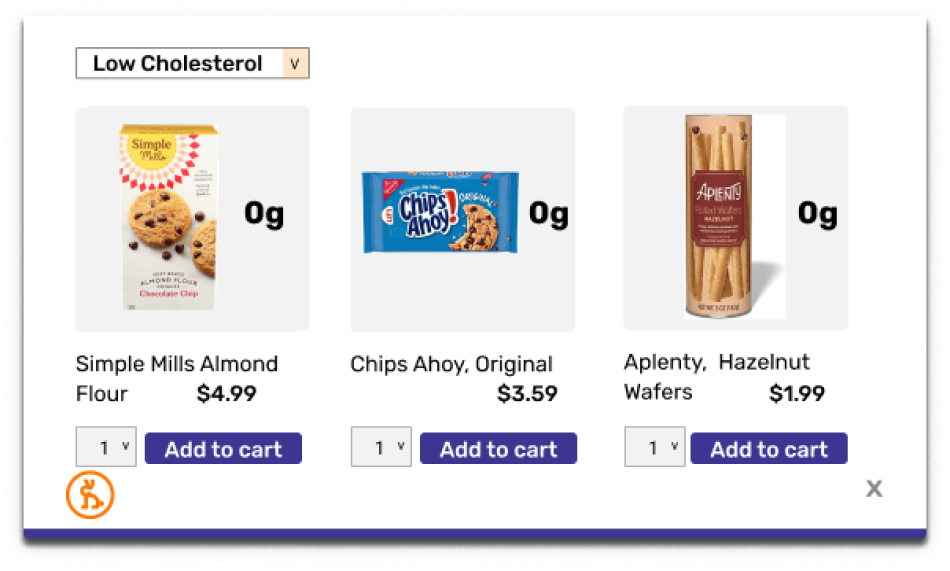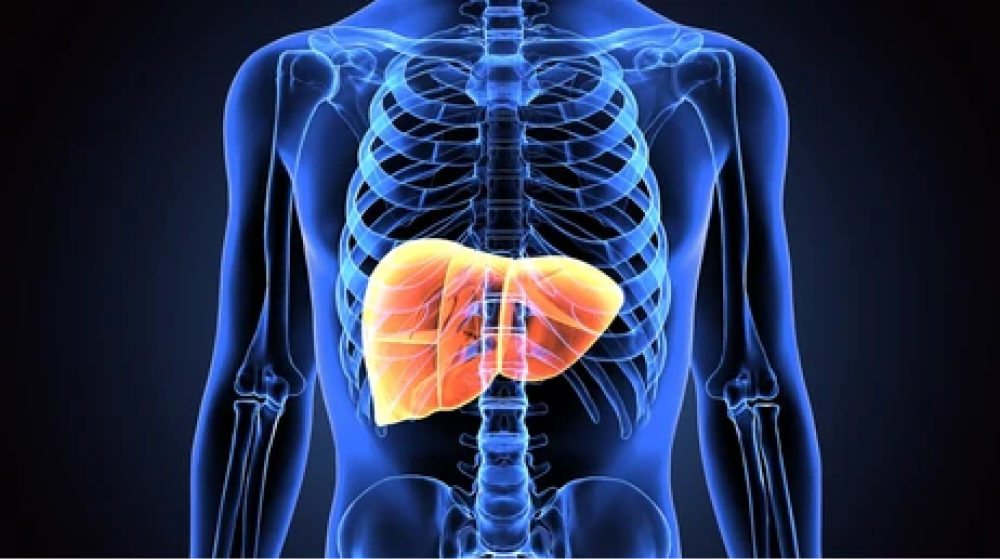When you think about your liver, maybe you think about alcohol and how excessive alcohol use can hurt liver function, but you probably don’t think about how other lifestyle and dietary factors (along with family history, ethnicity, genetics, weight history, life stage, etc) can also affect your liver function and could even turn into a diagnosis for non-alcoholic fatty liver disease (NAFLD).
What does my liver do in my body and what happens if I get fatty liver disease?
The liver is an essential organ that helps with digestion, is a storage container for iron and other vitamins/minerals and nutrients, makes enzymes and other body proteins, breaks down fats for energy use in the body, breaks down toxins for excretion, and helps with immune function. Without a properly functioning liver, bodies can become very sick, very quickly.
Fatty liver disease occurs when the liver becomes storage for too much fat. Excessive alcohol use causes around 5% of fatty liver disease cases, but many people are diagnosed with the disease who do not overuse alcohol. In fact, NAFLD affects about ¼ of the population in the US and is the most common form of liver disease. The exact cause in these cases is not known, but certain other conditions are recognized to be factors, such as overweight or obesity, type 2 diabetes, hypertension, metabolic syndrome, high cholesterol, and sleep apnea.
What does fatty liver disease feel like? Is it the same as cirrhosis?
NAFLD often goes unnoticed as it does not always have accompanying symptoms and is therefore diagnosed when routine blood work shows elevated liver enzymes. If NAFLD progresses into a more serious liver disease called non-alcoholic steatohepatitis (NASH), when the liver swells and scars, symptoms then include yellowing of the eyes and skin (jaundice), abdominal pain or swelling, red palms, and swelling of blood vessels right near the surface of the skin. You could notice a reduction in appetite and abdominal discomfort, too. As the liver becomes scarred, liver disease progresses to cirrhosis and liver failure, which can only be resolved through liver transplant.
How is Fatty Liver Disease Treated?
NASH and cirrhosis are considered irreversible (without a liver transplant); however, NAFLD has been shown to be positively impacted by weight loss, dietary changes, and physical activity. Your healthcare provider will likely monitor your liver enzymes through periodic blood draws and recommend weight loss. There are currently no medications approved specifically for NAFLD or NASH, but you may be prescribed medication to help with high cholesterol, blood sugar control, or blood pressure control if you have any other diagnoses that your healthcare provider has determined to be impacting your liver and overall health.
While you may be told to lose weight, rapid weight loss should be avoided as this can exacerbate existing liver problems. There are also not any specific nutrients to hone in on with NAFLD and herbal or dietary supplements should be avoided since some of these can actually damage the liver further. Instead, aim for a Mediterranean-style diet that is rich in fruits, vegetables and whole grains and low in saturated fat, sodium and added sugars.
What foods to add to your grocery list
As mentioned above, there are no specific nutrients of concern with NAFLD, however, pinpointing products that are lower in saturated fat, sodium and sugar may be useful as you rethink your diet or tackle weight loss. Working with your healthcare provider and a registered dietitian will be important to ensure you are getting the right balance of nutrients to support your body and weight loss efforts without further damaging your liver.
Using a tool like Vitalcart while you’re grocery shopping can help you, your family, and your healthcare providers discover alternatives that will support your health goals by identifying foods that are lower in sodium and sugar to help keep you on track.
How is Fatty Liver Disease Treated?

People ask Vitalcart for grocery tips each day. We get the best finds for each health goal and share them live with you.

The shopping assistant that makes nutrition planning easy.

